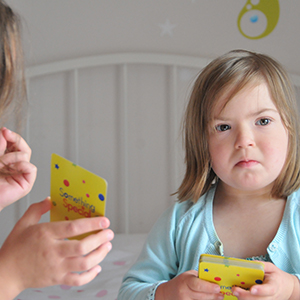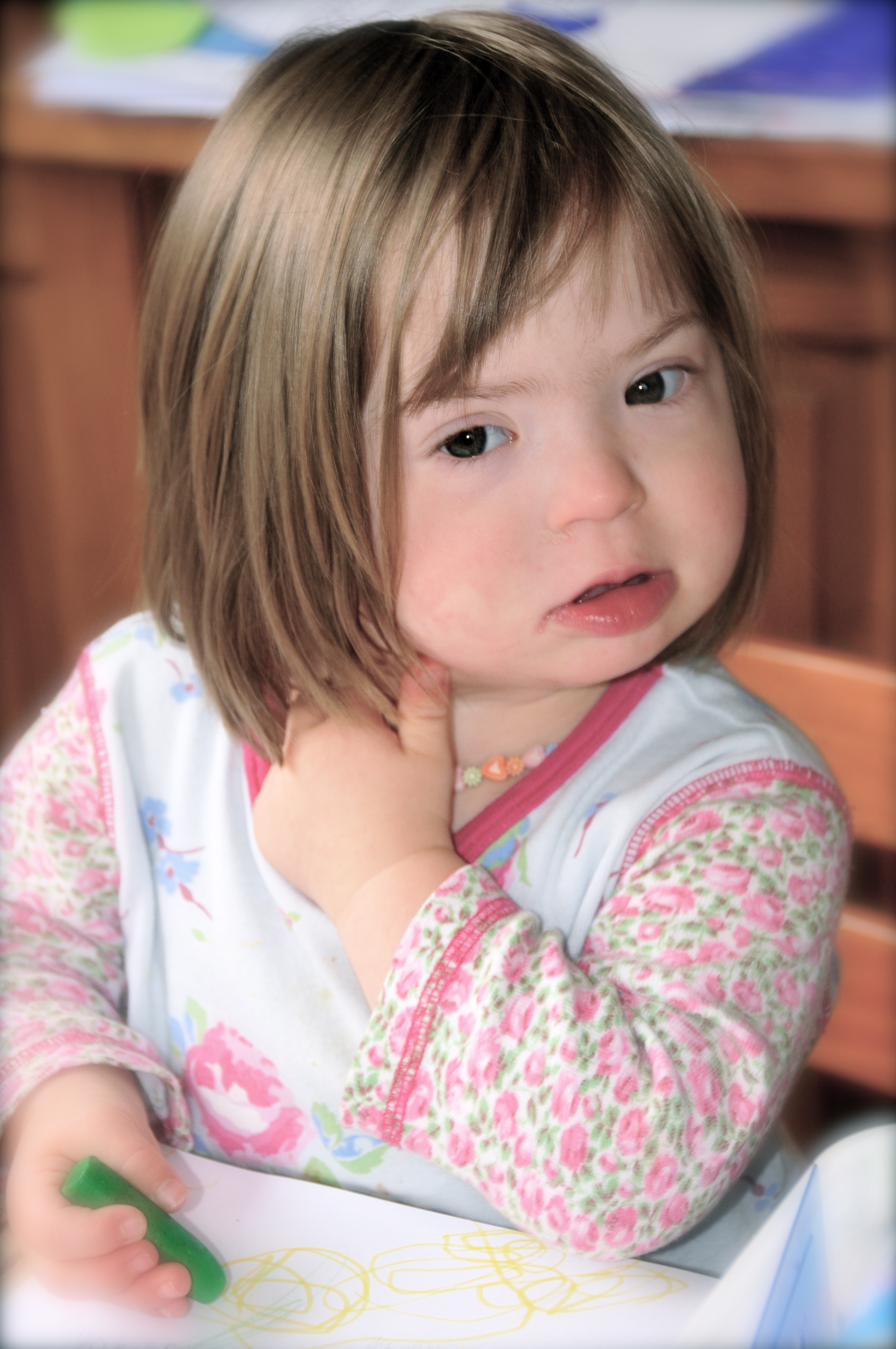 Depending on where you live in the world, you will most likely be recommended to begin to use a system of signing when your child with additional needs is young. It's not unusual for parents to question the usefulness of Makaton. Portage workers advised us to use Makaton with Natty, but I had very mixed feelings about it at first. This is just our experience, every child's journey is different, but it might answer some questions you have if you're new to signing.
Depending on where you live in the world, you will most likely be recommended to begin to use a system of signing when your child with additional needs is young. It's not unusual for parents to question the usefulness of Makaton. Portage workers advised us to use Makaton with Natty, but I had very mixed feelings about it at first. This is just our experience, every child's journey is different, but it might answer some questions you have if you're new to signing.
What is Makaton and how can it help you child?
When our eldest was born I knew baby signing was a good idea in theory, but didn't get any further than buying a few books with baby signs in them. She was quick to learn to speak and the need to sign passed. However, when Natty was born and Down's syndrome was identified, Makaton was suggested. Makaton is a language programme using signs and symbols to aid communication. Initially, I questioned whether this was necessary. Was it really essential for Natty's language development? I think I was in denial that she would need additional help at first, and the thought that she might need to use signs to communicate frightened me a little if I'm honest.
Using Makaton can help the whole family communicate
 I also remember wondering if maybe the Makaton would actually delay her speech development.
I also remember wondering if maybe the Makaton would actually delay her speech development.
I hear a lot of parents ask the same question, worried in case the signs would be learnt instead of the spoken word. Luckily, my days as a teacher of English to speakers of other languages had taught me that the one way to help adults memorise new vocabulary was by doing as many actions as possible to embed new words. Doing two things at once can only enhance and accelerate language learning.
Imagine that you're at a party. You are introduced to someone new. They tell you their name, 'Hello, I'm Hayley.' Instantly forgotten. But imagine that this Hayley trills 'Hello, I'm Hayley', whilst simultaneously jumping in the air and clapping her hands. Would you be so likely to forget her name then? It's the same reason we learn lyrics to songs more easily than the same words written down in bland text on white paper. It's called kinesthetic learning and children with Down's syndrome tend to be kinesthetic learners. They work best when all the senses are involved. In short, Makaton supports, backs up, speeds up and develops language learning for children with speech delay. It gives two different types of input for every word, which should always be said clearly as well as signed. It's an extra hook to hang the word on if you like.
You don't have to learn a lot of signs at once, because your child will let you know what they want to say, and you will only need 5-10 or so words at a time, so don't be daunted or put off. Natty's first signed words were 'Mum', 'Dad', 'Cake' and 'Chocolate'... quickly followed by 'Chocolate cake!' coupled with a fervent pointing motion at the treats cupboard! So when I had accepted our daughter's needs and pursuaded myself that Makaton really was the right thing to try after speaking to several parents and professionals, we began in earnest.
I can't recall exactly how old she was then, around 18 months, or 2 years old I guess. But here is the next vital point about signing to your child. It will reduce the frustration of the toddler years. This applies to all children, but if your child has language delay and knows what they want to say to you and can't vocalise it they will become frustrated. Very frustrated. Can you imagine being 3 years old and wanting a glass of water and not being able to communicate it? Teaching them to sign these vital needs will not only ease frustration for you both, but will also likely bring about the speech you all crave sooner than not using signs at all. And the beauty of it all is that when your youngster masters a word, they naturally drop the sign. They drop it of their own accord, you don't have to worry or interfere. Signing will not delay or prevent your child from speaking. If your child doesn't verbalise, they still have the benefit of the signs.
There are lots of resources out there to help your child learn Makaton
Natty still reintroduces signs if she is super excited or in a new situation where she needs comfort. If she is over stimulated or being a bit naughty, signing to her focuses her, calms her down and makes her listen to what is being said to her. We use Makaton a lot for more abstract concepts these days, such as colours, emotions and currently Days of the Week. This will continue as long as Natty needs new ideas explaining to her. So, give it a go. Don't be afraid and don't feel overwhelmed, you don't need to learn a lot at once. Seek support if you need it, and learn to love Makaton. After all, without it, how else can you sign across a crowded room to your Mum that you need the toilet, or indicate to her that you want a drink when your mouth is too full of food to talk.
And how else can you emotionally blackmail a parent when they leave for work, unless you can sign 'sad' doefully out of the window as they drive away...
It seems that yes, we do need Makaton.
Read Hayley's blog, Downs Side Up